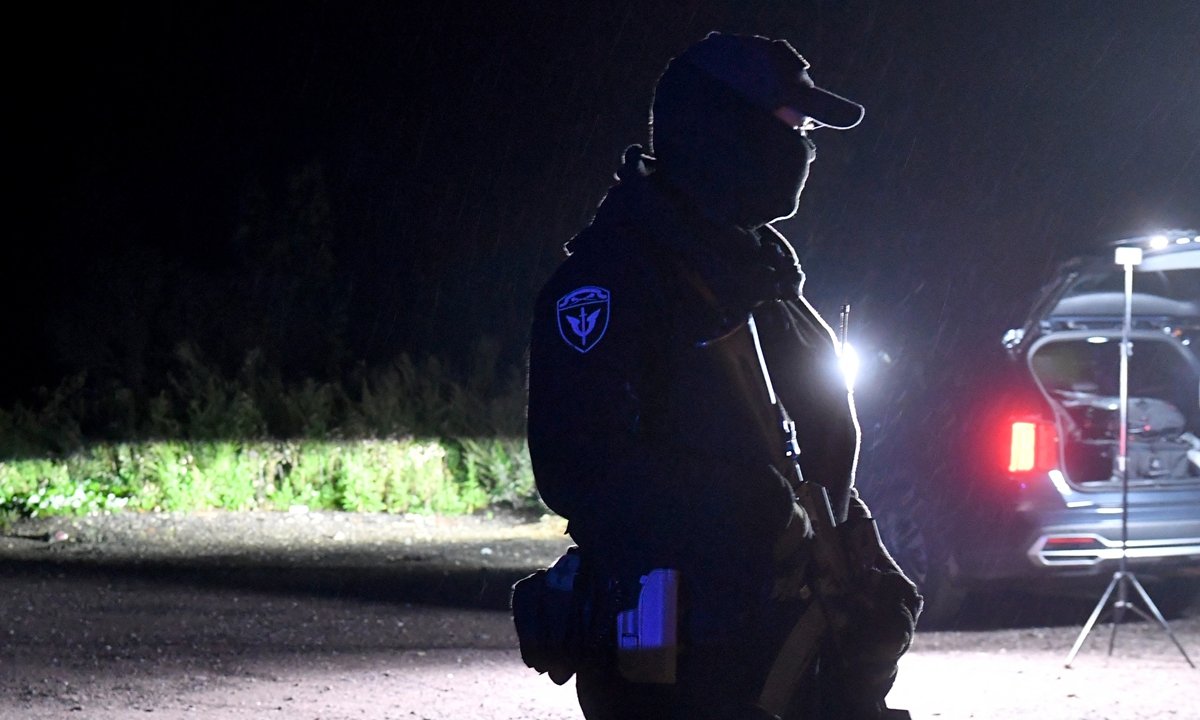In a shocking turn of events, Yevgeny Prigozhin, the leader of the private military company, Wagner Group, was reported dead in a plane crash in Russia’s Tver Region near Moscow. This news follows just two months after a foiled “rebellion” by the same Wagner Group, casting a shadow of mystery and speculation.
Immediate Responses and Reactions
The Kremlin, as of the latest update, has refrained from releasing detailed information about the plane crash, which remains under investigation. Yet, in the whirlwind that followed, a multitude of fingers, including those of the US and Ukraine, have been pointed at Russian President Vladimir Putin.
International analysts opine that, even though Prigozhin’s existence represented risks to various factions, the US and its allies might be capitalizing on his death. They argue this could be a move to fuel public sentiment and cognitive warfare against Russia, potentially leading to further chaos and destabilization.
Russia’s Federal Agency for Air Transport confirmed the death, disclosing on its Telegram account that Prigozhin and his close associate, Dmitry Utkin, were among the ten individuals who tragically lost their lives in the crash.
The Wagner Group Speaks
Adding more intrigue to the narrative, the Telegram account ‘Grey Zone,’ believed to be linked to Wagner, announced Prigozhin’s death and attributed it to the “actions of traitors to Russia.”
International Leaders Weigh In
US President Joe Biden, in media briefings, expressed a lack of surprise at the incident, insinuating Putin’s potential role. A more direct accusation came from Mykhailo Podolyak, a Ukrainian presidential adviser, who portrayed this as a “demonstrative elimination” by Putin. He suggested that it serves as a warning to Russia’s elites as the 2024 elections approach.
Voices from Estonia, Poland, and the UK echoed similar sentiments. Kaja Kallas, Estonia’s Prime Minister, Zbigniew Rau, Polish Foreign Minister, and Alicia Kearns, Chair of the UK Parliament’s Foreign Affairs Committee, all alluded to Putin’s potential involvement in Prigozhin’s death.
Chinese Perspective
Chinese analysts, based on public information and video footage, assert that the probability of Prigozhin’s death being a mere accident is low. They anticipate that debates and accusations will persist irrespective of the conclusions reached by the Russian probe.
Zhao Long, from the Shanghai Institute for International Studies, commented on the complicated international dynamics involving the Wagner Group. He remarked on Wagner’s influence in Africa as a hindrance to US’ global strategies and NATO countries perceiving Prigozhin as a threat.
Zhao also linked Prigozhin’s death with Ukraine’s recent warning of retaliation against Russia on Kiev’s Independence Day. He further speculated about internal conflicts within Wagner and tensions between Prigozhin and the Russian Defense Ministry as potential catalysts to the crash.
Chinese military expert, Song Zhongping, expressed his view to the Global Times, emphasizing that the allegations against Putin by the US and its allies aim to tarnish his image domestically and destabilize Russia’s unity. He terms this as a cognitive and information warfare initiative by the West.
Russian Domestic Implications
While the investigation’s outcomes are awaited, experts highlight the Kremlin’s need for trust from its citizens. They anticipate more attempts to shake this trust in the future.
Interestingly, during the crash, Putin was reportedly attending a concert in Kursk, commemorating the 80th anniversary of the Soviet Union’s victory over Nazi Germany. Clips on social media showcased Putin’s motorcade rushing back to Moscow post the event.
Zhang Hong, from the Chinese Academy of Social Sciences, predicts Russia will probe the incident thoroughly before appointing Wagner’s new head. He theorized that if internal Russian factions were behind the incident, appointing a successor could incite further internal conflict within Wagner.
Future Implications for Russia
Post the Prigozhin incident, experts anticipate significant changes in Russia’s defense landscape. There’s an expectation that the Russian legislature might introduce new regulations governing private military companies. Additionally, Russian defense authorities may expedite the assimilation of Wagner personnel, introducing stricter oversight mechanisms for those defying orders.
Zhao and Zhang both opined on the broader Russia-Ukraine dynamics. While Zhao believes the incident won’t substantially alter the ongoing battlefield strategies, Zhang stresses that post the “rebellion,” Wagner has been sidelined in Russia’s military tactics.
In conclusion, the tragic plane crash and subsequent death of Yevgeny Prigozhin has added another layer to the intricate geopolitical canvas. As investigations continue and international speculations abound, the world awaits clearer insights into this complex incident.
Read More:
